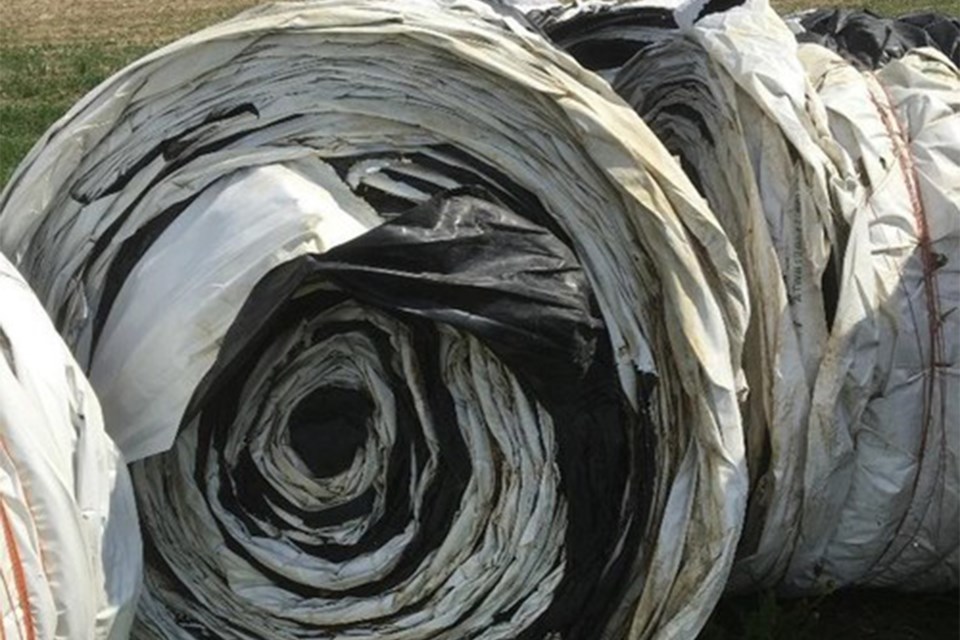MOUNTAIN VIEW COUNTY — The county's agricultural service board has been given an update on activities and plans of the Cleanfarms organization, which works with stakeholder partners to promote ag plastics recycling.
The review came during the board’s recent regularly schedule meeting, with Alberta program advisor David Johnson with Cleanfarms speaking remotely with board members.
The 78-member industry led and funded not-for-profit organization, Cleanfarms works with municipalities and others to recover and recycle agricultural and related industry packaging and plastics, he said.
In Alberta, the organization is currently operating three permanent and three pilot programs, with plans to add other programs going forward.
The pilot programs include the multi-stakeholder Agricultural Plastics Recycling Group (APRG), which is a three-year project to collect agricultural grain bags and twine for recycling.
The county is one of 33 partner organizations involved in the program, which has seen 1.3 million kilograms of grain bags and 157,000 kilograms of twine collected to date.
“Your county is incredibly good,” said Johnson. “We’ve been running your program for so long that you’ve got it down to a nice science and do a very good job collecting, and your bags (of twine) are unreal for cleanliness. There’s a lot of twine being collected in Mountain View.”
High volume twine users involved in the program includes three in Mountain View County: Barr-Ag Ltd., Dalziel Enterprises Ltd., and Wilbur-Ellis Holdings Inc.
During his presentation, Johnson explained that there has been a recent significant cost increase for the high-temperature incineration disposal of hazardous waste in Alberta and across Canada.
“For unwanted pesticides and the livestock medication, the costs went up astronomically,” he said. “Everything used to got to Swan Hills in Alberta for incineration. But Alberta Infrastructure and Alberta Environment essentially changed what facility could accept and it went from all hazardous waste and now they only accept PCBs and medical waste.
“So, everything else now has to go south of the border because that’s the only place where there are proper safe incineration facilities that can take that. Everyone’s costs have gone up astronomically.”
The board received Johnson’s report as information.



